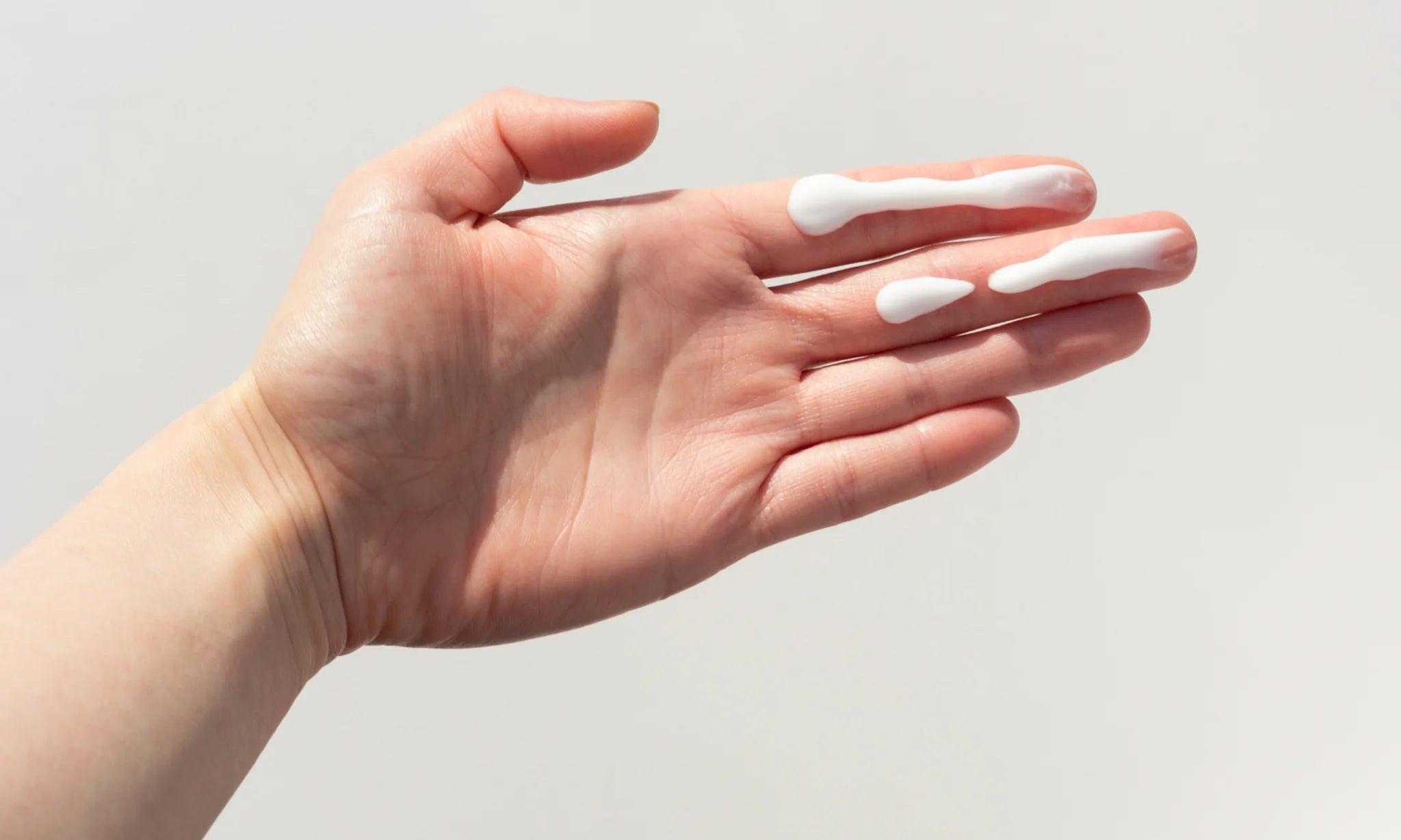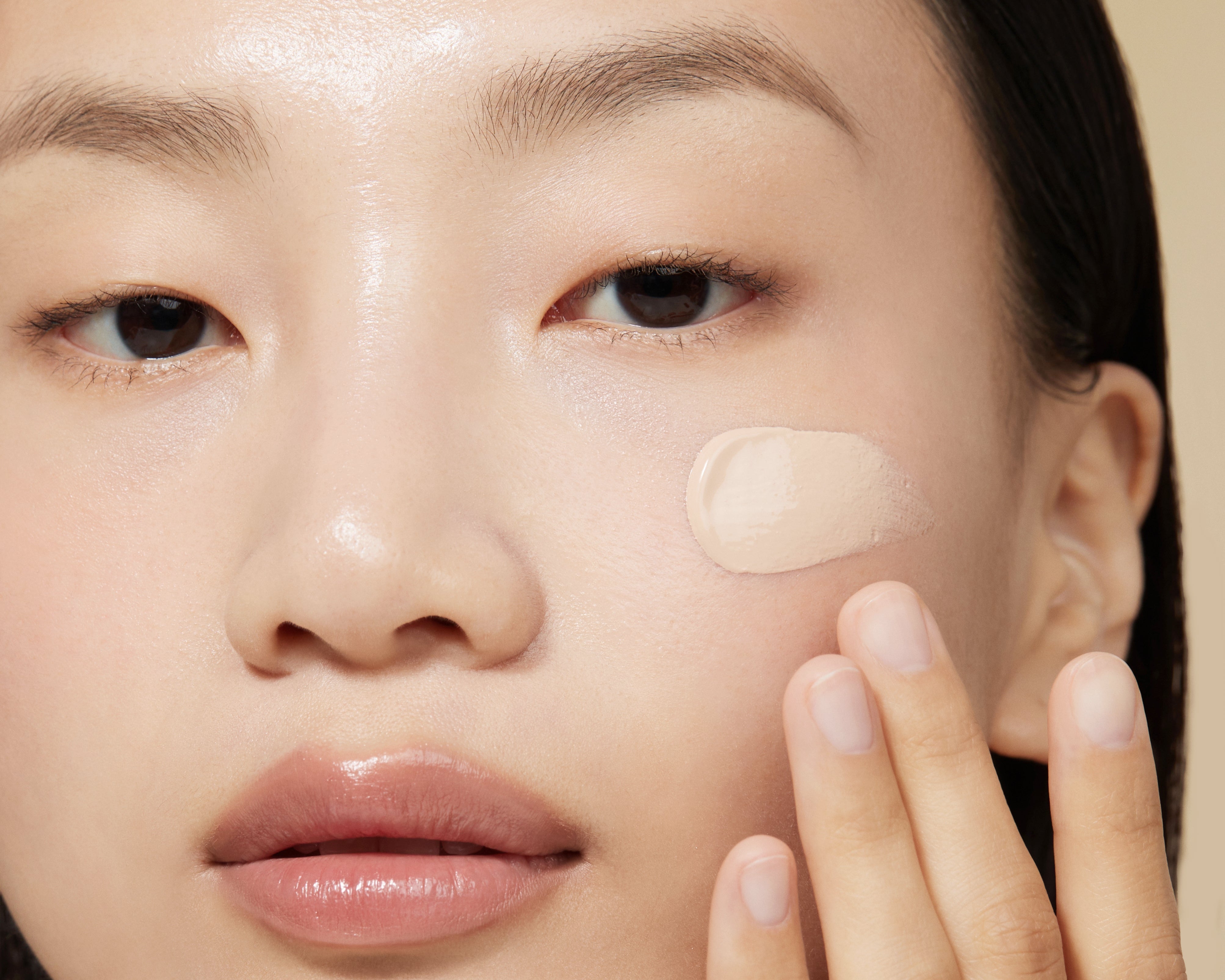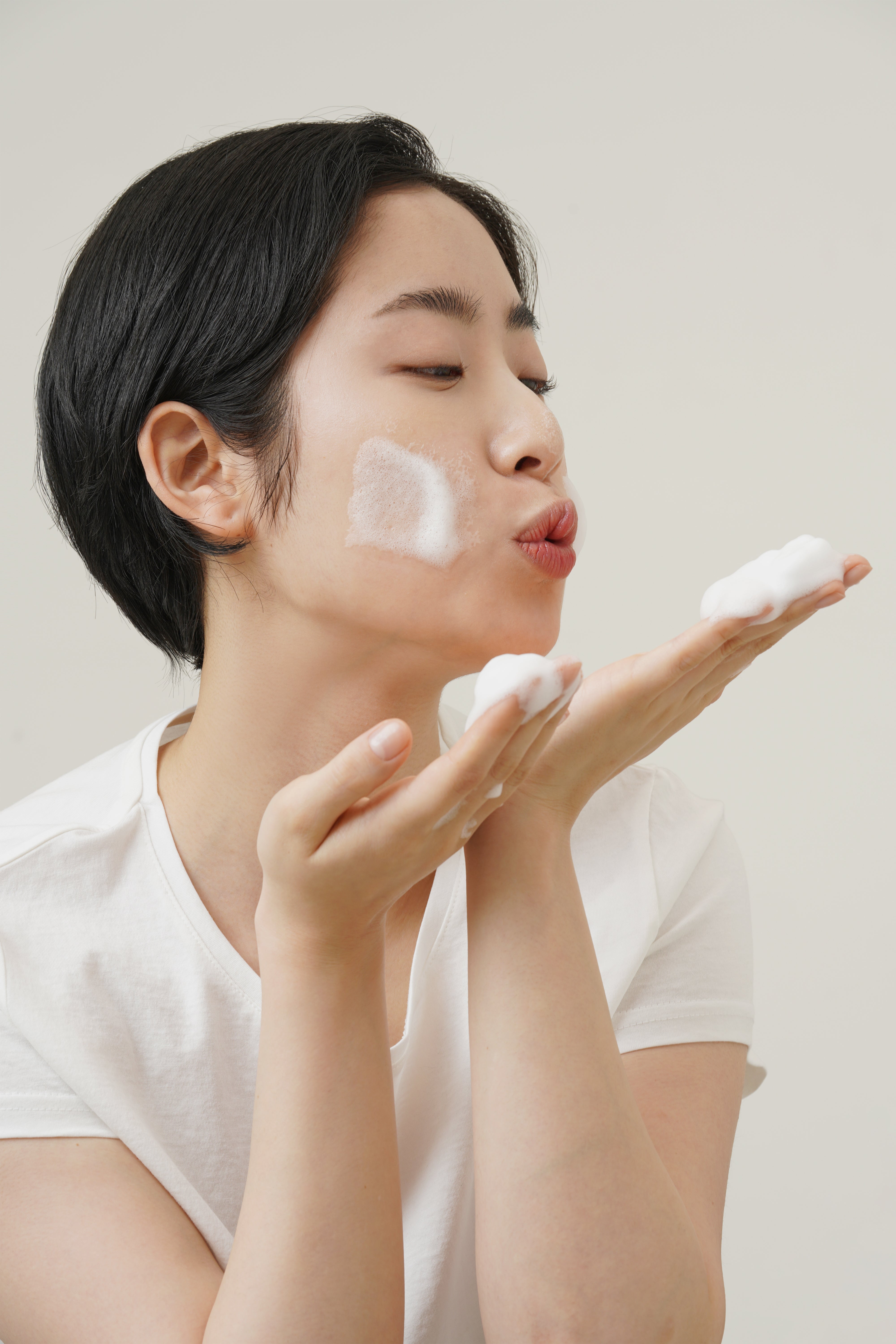Decoding Sun Protection: Chemical vs. Mineral Sunscreen Showdown
·

·
As we bask in the warmth of the sun, safeguarding our skin from its potent rays is paramount. Sunscreen, a non-negotiable step in any skincare routine, comes in two main formulations: chemical and mineral. In this blog, we'll delve into the differences between these two types of sunscreens, helping you make an informed choice to shield your skin from the sun's embrace.
Chemical Sunscreen: The Science of Absorption
-
How It Works:
- Chemical sunscreens contain active ingredients such as avobenzone, octocrylene, and oxybenzone.
- These ingredients absorb UV radiation, transforming it into heat, which is then released from the skin.
-
Application:
- Chemical sunscreens are typically easier to apply and often come in lighter formulations, making them a popular choice for everyday use.
- They tend to be more cosmetically elegant, blending seamlessly into the skin without leaving a noticeable white cast.
-
Sensitivity:
- Some individuals with sensitive skin may find chemical sunscreens more irritating, particularly if they have allergies to certain chemical filters.
- There's a chance of skin sensitivity or reactions for those with reactive skin.
Mineral Sunscreen: Harnessing the Power of Minerals
-
Active Ingredients:
- Mineral sunscreens, also known as physical or inorganic sunscreens, use active ingredients like zinc oxide and titanium dioxide.
- These minerals create a physical barrier on the skin's surface, reflecting and scattering UV rays away from the skin.
-
Application:
- Mineral sunscreens tend to be thicker in texture and can leave a white cast on the skin.
- However, advancements in formulations have led to the development of micronized or nano-sized particles, reducing the white cast and making them more cosmetically acceptable.
-
Sensitivity:
- Mineral sunscreens are often a preferred choice for those with sensitive or reactive skin.
- The physical barrier they create is less likely to cause irritation, making them suitable for individuals with skin conditions like rosacea or eczema.






